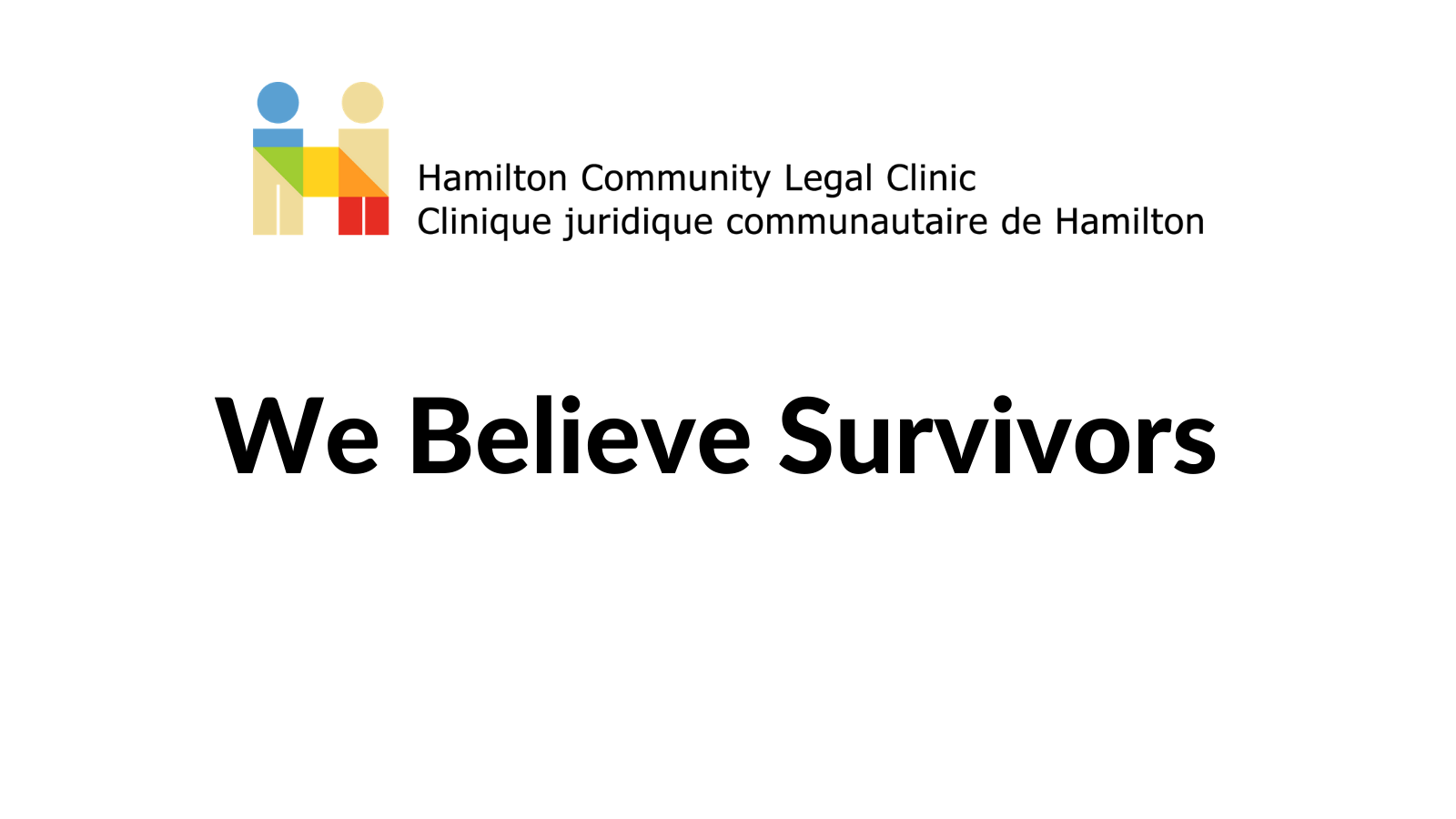
The survivors who have recently come forward to expose their unjust and violent workplaces have done so in the face of potential personal, social and economic peril. It is a huge burden to take these risks and this is absolutely compounded by the precariousness of employment, income, supports and services in the pandemic. These harrowing experiences alert us to how commonplace sexual violence truly is, not just in specific industries, but in our broader culture.
Sexual violence is endemic in our society and yet only 5-8% of these cases are formally reported to police. (1) There are numerous factors that survivors have to weigh when deciding whether to report their experience(s). For instance, navigating the routes to justice while centering their own healing. This is a personal process, is rarely linear and is often complicated by intersecting factors in the survivor’s life (i.e. age, gender, race, sexual orientation, access to resources, job precarity, etc).
In our society, survivors are often not taken seriously, are blamed for the incident(s), or are shamed based on the assumption that they have something to gain from these accusations. Yet, especially in the tight-knit restaurant industry, the threat of being blacklisted and ending up jobless is very real. Sexual violence is expressed often in highly differential power relationships — employee/employer, student/teacher, staffer/politician. This power imbalance translates into who our society chooses to believe, further entrenching the powerlessness of survivors.
We know that the barriers to legal justice in these sexual violence cases are staggering. Police reports are central to the legal process but many communities do not trust police, plus the police have been known to perpetuate the most damaging assumptions about survivors. The criminal justice system then places the burden of proof on the victims, and the trial process can sometimes re-victimize and re-traumatize survivors. It can feel futile when less than 1% (2) of sexual assaults lead to offenders receiving convictions. Even if convicted, the sentencing can be insulting to victims.
Both our legal system and our community are failing survivors which is why many choose to never report their assaults.
To the survivors directly: at the Hamilton Community Legal Clinic we believe you. We say this to upend the cultural norm of doubting victims of sexual assault. We say this with the explicit intention of making space for all survivors to come forward to speak their truth and be heard. This does not mean that allegations should not be investigated. Of course they should. But we know that just because an assault does not produce a conviction, it does not mean that it didn’t happen or was exaggerated or fabricated. You and your experiences are worthy of our collective attention and concern. You are highlighting issues that many people would rather not see. We are inspired by your bravery to challenge the broader social systems and structures that make these cultures possible.
Although HCLC’s mandate does not allow us to practice in sexual violence matters, we do provide services in employment law and WSIB and are available to connect you with other community legal services. While this is not the right option for everybody, we hope this legal information will help you make an informed decision for yourself.
If you are seeking support or you would like to learn more about the #WeBelieveSurvivors movement, we encourage you to contact the Sexual Assault Centre of Hamilton and Area (SACHA) at 905-525-4162 [support line], 905-525-4573 [office line], or for more information visit www.sacha.ca.
#WeBelieveSurvivors!